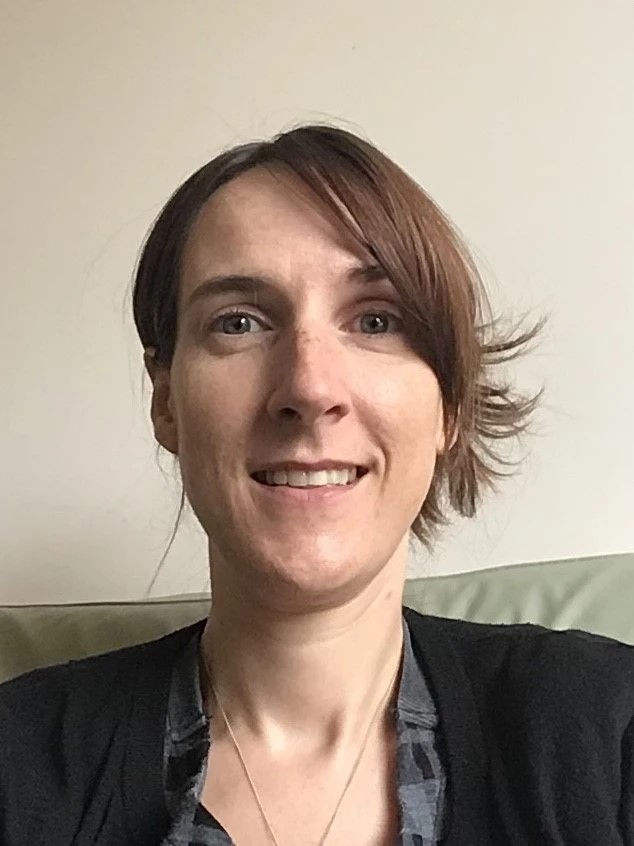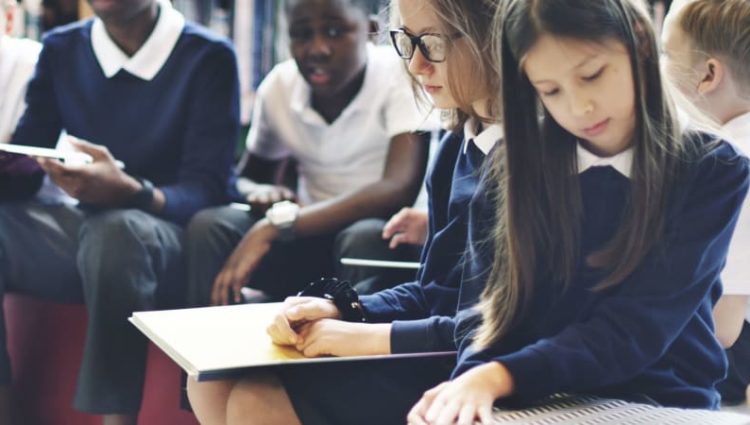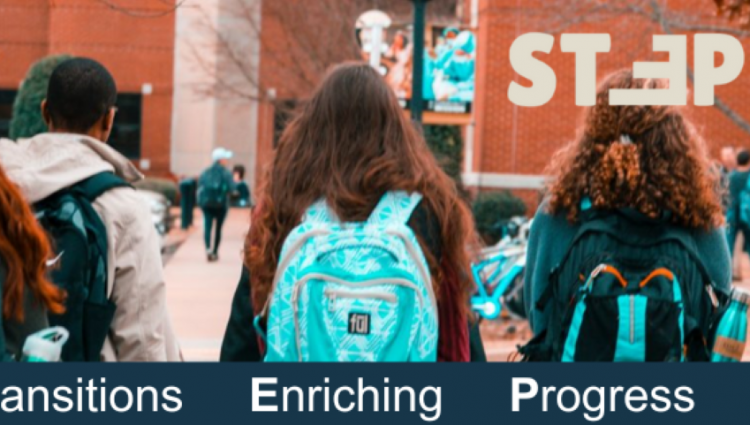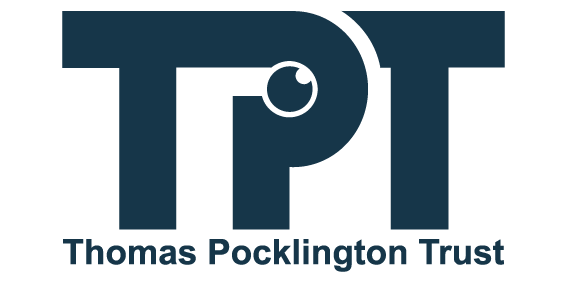“Our job isn’t to get young people through exams – that’s the teacher’s role – ours is to make sure that they are independent and employable so that they can go on to live independent adult lives.”
 Anna Roche is the Preparation for Adulthood Lead in the Birmingham City Council’s Access to Education (Vision Support) team, which supports students with additional needs in mainstream schools. Her focus is to support blind and partially sighted students get ready for adulthood.
Anna Roche is the Preparation for Adulthood Lead in the Birmingham City Council’s Access to Education (Vision Support) team, which supports students with additional needs in mainstream schools. Her focus is to support blind and partially sighted students get ready for adulthood.
Anna and the rest of the team provide advice, support and guidance to colleges, schools and their staff on how to best support blind and partially sighted students. The aim of the team is to move young people to the point where they can articulate and advocate their own needs.
Anna discusses the service and outlines barriers in supporting students through their transition into mainstream further education.
Stretched workloads
“We have very stretched caseloads, so we can’t spend the time with students as we would like. It is important that we use our resources efficiently and support the student so that they understand their needs. We encourage and support them to advocate for themselves,” said Anna.
Equity of provision
If the student stays in sixth form, they can access support from the transitions team and can access equipment. If the student goes to college, they can only access this support if the college buys it in.
Starting the transition work early
Work begins with the students early to get them ready for the transition whatever setting they are moving to. The service talks the student through the benefits of declaring their sight loss, what preparation they should do prior to meeting with the college. Therefore, the students are encouraged to be open about their needs and are encouraged to ask for everything in writing.
Anna said: “All we can do really is to ensure that they declare their sight loss when applying to college and advise them to get the support they need in writing ahead of going to college.”
The role of EHCPs
Anna explains that Education and Health Care Plans (EHCPs) are important, but they must be adapted before the young person moves to college. The school and college environment are different. Therefore, it is not enough to just have an EHCP, the young person needs to understand what is in it.
She said: “It is important that the young person is aware and understands what is included within them and can articulate this. For example, they need to know what technology is available for them, how they can acquire it and how they can use it.”
Events and networking
The transition team see the benefit in bringing young people together to explore their options, to find out information and share peer support.
“It is really important to get our young people together. In the pre-Covid era for instance, we took them go-karting. We’re exploring how we can get them together on social media to share videos and resources, to tap into media used by young people.”
Careers and looking to the future
The transition team also supports students with work experience and training. Also, it helps them start thinking and planning what they want to do, what they need to do to get there and what support they may need along the way.
Students are encouraged to attend careers fairs and use this as practice to approach employers. It is a great chance for them to talk about their skill set and what they have to offer.
Anna said: “We hold career workshops and pathway courses. We invite external agencies to come and give a talk – including Look UK and Blind in Business. It’s important we work with the local third sector and tap into resources and information already out there.”


 Anna Roche is the Preparation for Adulthood Lead in the Birmingham City Council’s Access to Education (Vision Support) team, which supports students with additional needs in mainstream schools. Her focus is to support blind and partially sighted students get ready for adulthood.
Anna Roche is the Preparation for Adulthood Lead in the Birmingham City Council’s Access to Education (Vision Support) team, which supports students with additional needs in mainstream schools. Her focus is to support blind and partially sighted students get ready for adulthood.




